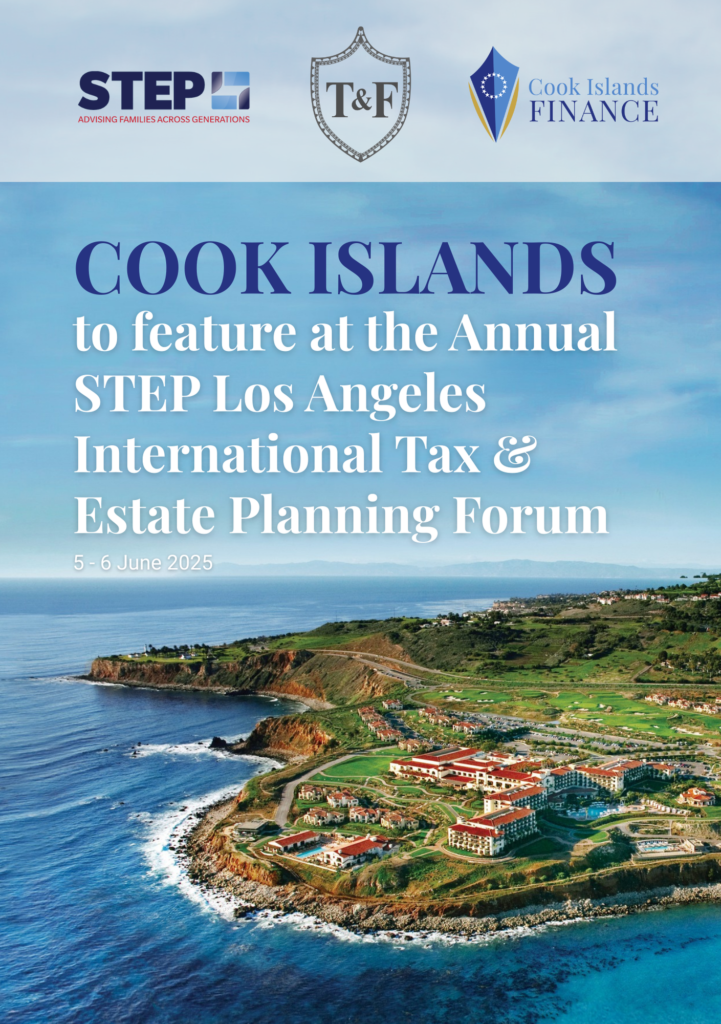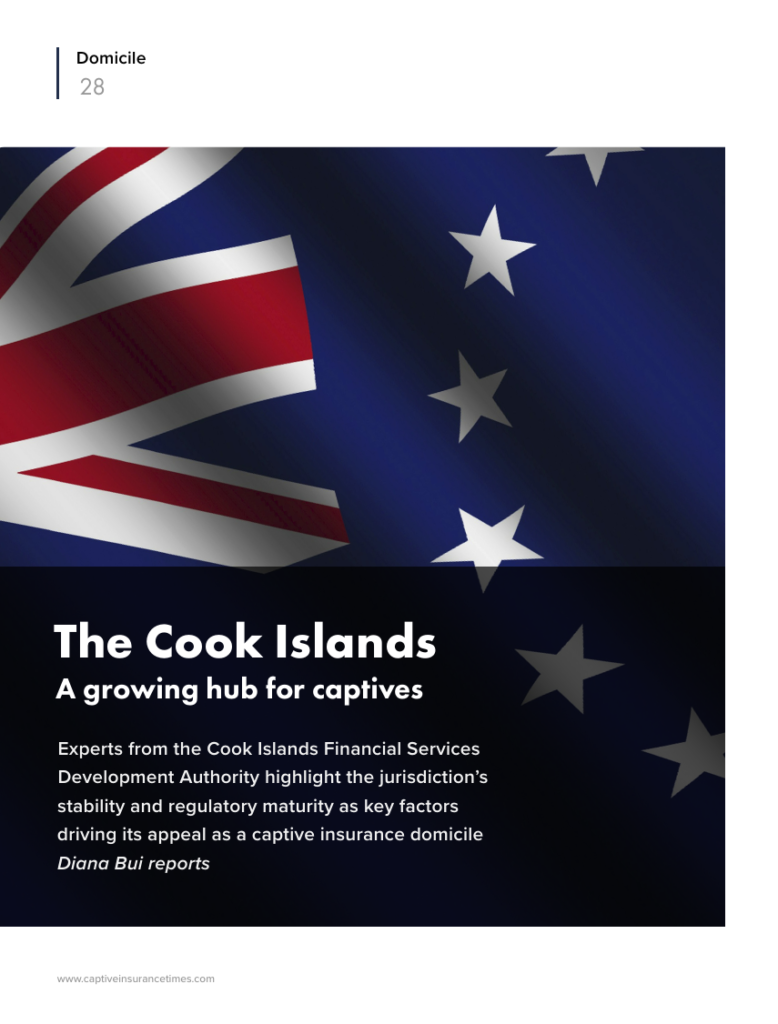The Mischief
A divorce is often followed closely by acrimonious litigation over matrimonial property. The fundamental approach taken by the Courts to matrimonial property upon a divorce, is to divide up and distribute the property outright to the spouses. The same principles are applied in many countries to property held by de facto couples.
Now some will say- this is how it should be when a relationship fails. Let both spouses go off and do their own thing. But there are 3 problems with this process;

1.The process begins with identifying what might be treated as matrimonial property. This of itself involves significant legal costs. It is followed by the liquidation of the property under some pressure which can cause significant damage to the value of the property. If a family business is involved, then it is more serious as the family business may need to take on extra debt or find outside investors to fund the buyout of a partner. Then there are the legal costs involved in determining the respective shares of the spouses. At the end of the process there are contingency legal fees, which can be particularly onerous where property is located in several different jurisdictions. These factors can significantly diminish the overall value of the property, as well as embitter the former spouses.
2.The division and distribution of matrimonial property outright to the spouses is destructive of sensible planning for the long-term financial security of a HNW family. A spouse with no financial experience may be suddenly handed a large capital sum, exposed to poor investment advice as well as unsatisfactory relationships. It is not uncommon for the entire capital to be lost in a short period, leaving the spouse destitute as well as depriving the children of the relationship of anticipated future financial support. New relationships entered into by the spouses also reduce any anticipated future financial interests of the children. The only financial planning remaining is based on a single lifetime rather than providing for the financial security of future generations.
3. The division and distribution contradicts the basis upon which most spouses enter into a relationship. Most spouses make sacrifices in the early years of a relationship believing their hard work will provide long term financial security for them and their mutual issue. NOT that if the relationship fails each of them can go off and do what they like with their share of the booty ignoring the future financial security of their children and extended issue.
So how can we protect the financial security of future generations against these consequences?

In the past, assets held by trusts were treated as being outside of matrimonial property. Which meant that trusts were the preferred structure to keep matrimonial property intact and provide long term financial security for HNW families. But Courts now routinely drag the assets held by family trusts into the pot of matrimonial property and treat them as if the trust did not exist. The criteria used by the matrimonial Courts in deciding whether trust assets fall within their jurisdiction or not, are also changing.
New doctrines keep emerging. Judges have become increasingly suspicious of trusts being mismanaged by a dominant spouse and prefer to divide and distribute trust assets to the spouses along with other matrimonial property. Result minded judges also revert to new doctrines such as “illusory trusts”, whereby they set aside settlements to the trust resulting in the property revesting in the settlor spouse. In this environment, where the goal posts are continually changing, clients are advised to have their trust structures reviewed annually by attorneys to ensure their continued effectiveness. This is hardly a satisfactory method of planning for financial security of your descendants 100 years or more into the future!
So we are left with no clear planning technique to provide long term financial security for HNW families when it comes to divorce. And that brings us to the “Cook Islands “International Relationship Property Trusts Act 2021”
The Act
The Act is a new and unique initiative responding directly to the developments in matrimonial property law described above. The principal features of the Act are as follows;
1. The basic premise of the Act is that trust settlors should be able to agree that if they do separate at some time in the future the assets of the trust are to be kept intact and NOT divided up and distributed between them.
This premise is encapsulated in Section 16:
S.16 Consequences of registration of international relationship property trust
The registration of an international relationship property trust under this Act has the following consequences:
(a)the trusts declared must be administered and managed in accordance with the trust instrument:
(b)if the settlors separate, the relationship property settled-
(i) must be held intact and remain upon the trusts declared; and
(ii) must not be divided and distributed among beneficiaries; and
(iii) must be administered and managed in accordance with the trust instrument for the benefit of the beneficiaries according to their respective beneficial shares.
There is nothing preventing any trust deed containing a similar provision, but the difference is that here we have statutory authority supporting the proposition. This rebuts the divide and distribution principle, at least for the purposes of Cook Islands law.
S.17 provides that any exceptions to S 16, are required to be set out in the trust deed
S. 17 Division and distribution allowed if provided for in trust instrument
(1) Despite section 16(b), the trustees of an international relationship property trust may divide and distribute relationship property between beneficiaries if the trust instrument expressly provides for division and distribution.
(2) Nothing in this section prevents the trustees from dividing and holding relationship property on separate trusts for beneficiaries if the separate trusts are consistent with this Act and the trust instrument.
It is expected that the trust deed will contain exceptions to the rigidity of S 16. An example might be where the partners subsequently agree to divide the assets.
2. Most family trusts are settled by one of the partners only, but an RPT must be signed by BOTH partners as settlors. The trust deed is in effect a relationship agreement. Because of this, both partners must be independently legally represented with their attorneys providing a certificate to that effect, and must make full disclosure of income, assets, and liabilities to each other unless a waiver is given under independent legal advice. Both spouses must also ratify the trust deed with 45 days of first signing for it to be effective.
3. The Act applies to partners who identify themselves to be in a “relationship”. The term “relationship” is defined to include de facto partners so the Act does not apply only to married couples. It also includes single sex relationships.
4. The parties themselves identify the property (“relationship property”) which is to be held by the RPT as well as their respective shares in that property. Some couples may transfer all their property into the RPT, but it is expected that most will retain some of their assets outside the RPT.
5. Special provision is made in the Act for protection of family-owned businesses. Family businesses are particularly vulnerable in a divorce. Ordinarily a partner will want their share of the business cashed out, and if the liquid assets held outside of the business are insufficient to raise this, or the business itself has insufficient cash reserves, then the finances of the business must be restructured. The business might take on an extra level of debt from its lenders, or it might look for an outside buyer for part of the shares of the business. This problem is avoided by having the ownership of a business held by an RPT. It also has an added advantage in reducing the risk profile of a business for lenders, who will understand the reduced risk of the business failing because of a divorce. If one or both spouses are involved in management the immediate issue is who will manage the business. The Act provides for management by one of other of the partners to continue, but gives the trustee power to intervene in the event of any abuse.
The Act also allows the trust deed to prohibit the sale of a business or its ownership interests, whether permanently, for a time period, or until an event.
6. The Act provides that a foreign judgment purporting to divide up and distribute the assets of an RPT contrary to its terms will be neither recognised nor given effect in the Cook Islands. That provides a high level of protection where all matrimonial property is held outside the reach of that foreign court. However, if an RPT holds assets, or the parties have other assets, within the reach of a foreign court, then the effectiveness of the RPT will depend upon recognition of Cook Islands law in that foreign court. Because of this, the Act is designed to be non aggressive with a number of safeguards to ensure a spouse is not disadvantaged.
The Act therefore relaxes the general prohibition to the extent that a Cook Islands court is given a discretion to recognise a foreign judgment which adjusts the shares of spouses where this is “equitable”. However, this does not extend to the division or distribution of the assets, so that the assets held by the RPT must remain intact. The concept of keeping family assets intact for the financial security of future generations is also a positive one. It reinforces fundamental aspects of traditional trust law and places an emphasis on social cohesion and traditional family values. Moreover, HNW families are likely to have property in more than one jurisdiction and courts in one jurisdiction are reluctant to make orders which might not be enforced in another. The Act also anticipates the trustee of an RPT will be required to appear in foreign courts to argue in favour of upholding of Cook Islands law, and makes special provision to protect the trustee against judgment for a limited appearance.
7. Because trusts survive the death of the founders and often continue for several generations, most include amendment powers to allow them to adapt to changes in the legal and taxation environment they operate in. However, matrimonial courts have become wary of amendment powers because they also have the potential to be misused by a dominant spouse to the detriment of the other. For this reason the Act limits the power to make amendments to a RPT. Once notice is given to the Trustee that the parties have separated (a “Separation Notice”) no amendments may be made without the approval of the Cook Islands High Court.
A Cook Islands Court is also given power to amend the terms of an RPT to permit the sale or division and distribution of matrimonial property contrary to the terms and conditions of the trust instrument if; the trustee is of the opinion that ;
a) the original purpose and objective of the trust is no longer valid, and (b) it is in the best interests of the beneficiaries.
8. The grounds for setting aside an RPT are restricted to where a spouse can establish
involuntary consent,
inadequate disclosure,
lack of independent legal representation.
Otherwise, a spouse can only apply for relief where the terms of the RPT are “unconscionable”. The term “unconscionable” has a long history of judicial interpretation by English courts since 1615, and is the same test used in challenging prenuptials and postnuptials. It is normally measured by reference to circumstances at the time a challenge is made to the trust. The Act changes this and the test as to whether the terms of the trust are unconscionable is applied as at the time the trust deed was entered into, and not at the time the challenge is made.
If proven, the Court must not set the trust aside, nor can it order the division and distribution of trust assets. The likely remedy in these situations is for the Court to adjust the shares of the partners. In addition, a trustee can apply to the Court to adjust the shares of a party where a beneficiary who participates in the management of trust property (normally a “controlling principal”) has acted improperly to the disadvantage of another beneficiary.

Special Circumstances
The Act gives planners a new tool with which to protect the assets of HNW families,but there are several special circumstances where a RPT might be used;
where there is a 2nd marriage with different families and competing interests. Where you want to protect a family business or its ownership from being broken up, as well as to provide greater security to lenders and perhaps co investors
where matrimonial property is subject to the laws of more than one jurisdiction because of the different domiciles of the parties or the location of their assets in different jurisdictions.
where parties are in a defacto relationship and the applicable law does not adequately provide for their interests in the event they seperate.
where the applicable law does not adequately recognise the rights of a wife to matrimonial property similarly, where the relevant law does not recognise property rights arising from same sex relationships.
where spouses are on the brink of separating although still talking, and addressing matrimonial property issues might allow the relationship to survive. Finally, an RPT might be used to protect assets being managed by a family office
Conclusion
It is fair to say that Trust law has not kept up to date with developments in matrimonial property law. Nor has it responded to the steadily increasing divorce rate in many countries.
Instead, the Courts have rightly become suspicious of trusts being used to hold matrimonial property, if only because of the potential for abuse at the hands of a dominant spouse. No attempt has previously been made to bolster trust law against this suspicion, nor to bring trust law up to date with modern matrimonial property law. So this is an area where reform of trust law is long overdue.
The RPT is NOT the answer to the dominant spouse who wants to keep assets outside of the reach of matrimonial courts, or to retain unfettered control over all the property of a family in the event of a divorce. Those objectives are no longer realistic and planning to achieve them is going to be like King Kanut stopping the tide. The RPT is instead a compromise to both objectives.
In return for agreeing the property be kept intact for the benefit of the parties and their issue, the founder retains management and control over the property. The downside for the dominant spouse is that the property cannot be diverted and applied for the benefit of other future partners and issue.
For more information contact one of our experienced Licensed Cook Islands Trust Companies.






